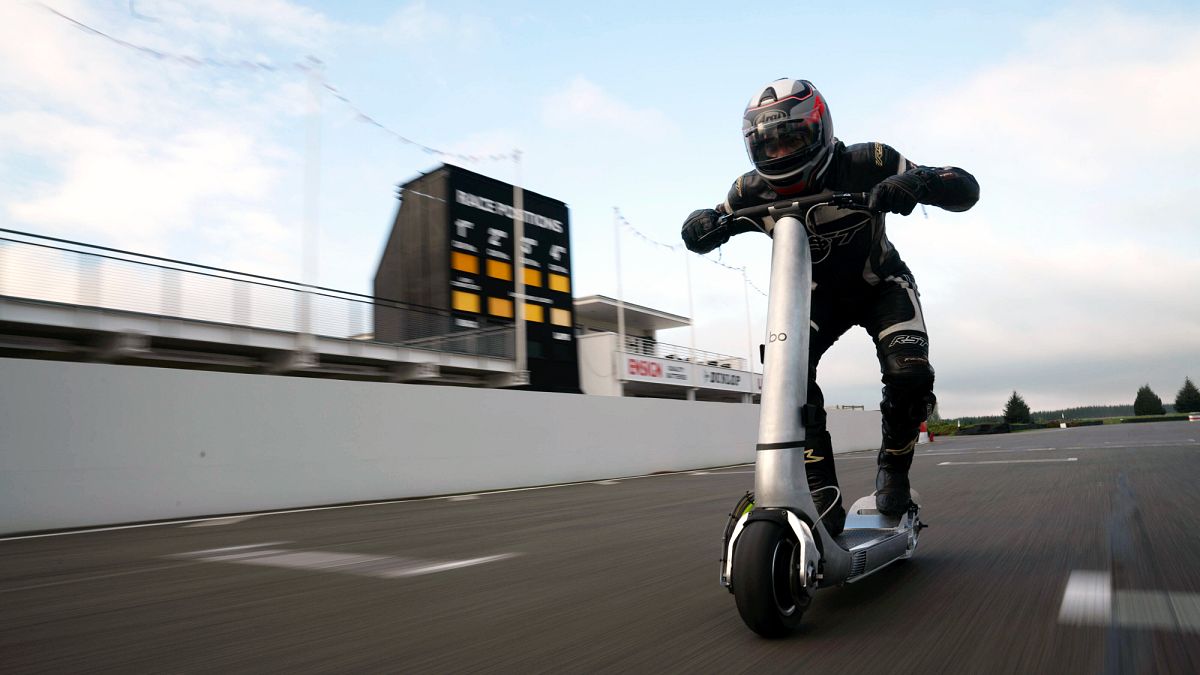

In a world bustling with technological innovation, exciting developments beckon from multiple fronts. As new trends take shape, they paint a landscape of both competitive excitement and significant challenges that the industry faces. Notably, the emergence of high-speed e-scooter racing and the ongoing discourse surrounding artificial intelligence regulation highlight the dynamic nature of these advancements.
In an electrifying leap forward, the traditional e-scooter—often associated with everyday urban commuting—has taken on a powerful new form. This transformation comes in the shape of a groundbreaking racing e-scooter capable of reaching speeds of up to 160 kilometers per hour. This high-speed innovation is already scheduled for delivery in Madrid, aligned with the city’s debut Formula 1 Grand Prix in 2026. The introduction of this racing technology not only expands the horizons of electric mobility but also enhances the thrill of competitive racing in a greener, more sustainable format.
Meanwhile, the world of technology continues to grapple with regulatory challenges, particularly in the field of artificial intelligence. Meta, a key player in the tech industry, has recently expressed reluctance to endorse the European Union’s AI Code of Practice. The company has previously criticized the European Commission’s efforts on the Global Partnership on Artificial Intelligence (GPAI), suggesting that such regulations might hinder innovation. This stance is reflective of broader industry concerns over regulatory frameworks that must balance innovation with accountability and ethics.
As these discussions unfold, Europe finds itself in a pivotal moment concerning its standing in the global AI race. The U.S.-based ‘Magnificent Seven’—a collective of tech giants—lead the charge in AI development, considerably widening the gap over European corporations. This divergence stems from the immense growth and investment in AI technologies primarily driven by American firms, unlike their European counterparts who largely center around traditional industries. The shift towards an innovation-driven economy presents both an opportunity and a challenge for Europe as it seeks to enhance its competitive edge.
This dynamic landscape reflects the broader narrative of technological transformation, where innovation is both a catalyst for competition and a source of regulatory and ethical challenges. As new technologies like high-speed e-scooters emerge, offering fresh avenues for entertainment and sustainability, the regulatory frameworks guiding AI and technological advancement continue to invite rigorous discourse. This balance is essential to harnessing technology’s potential while ensuring that its evolution contributes positively to societies worldwide.
The ongoing changes and challenges signify an era of tech-driven opportunities, blended with mindful regulatory navigation. As Europe and the global community navigate these developments, it becomes clear that collaboration, innovation, and thoughtful regulation will be key to driving progress forward in a harmonious manner.
Source: {link}
